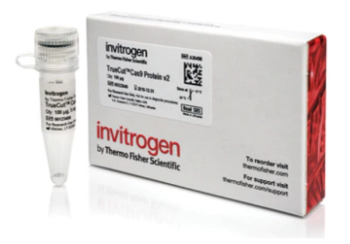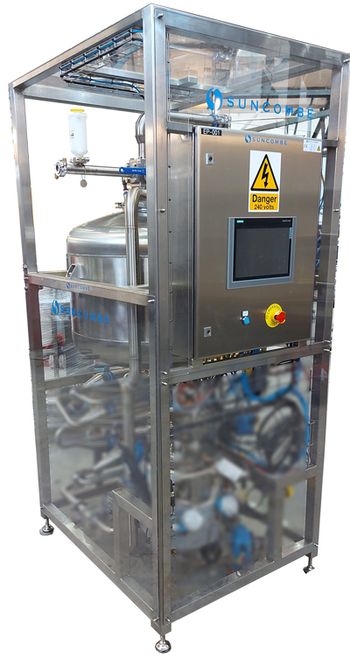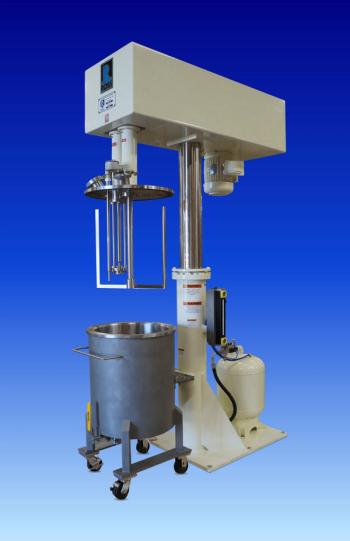
Warp speed is amazoning pharma practices and protocols.

Warp speed is amazoning pharma practices and protocols.

Survey respondents reflect on the state and future of the bio/pharma employment.

An obvious theme for 2021 has been COVID-19, but the next 12 months will see industry and its people experiencing further change.

Workforce training is crucial for biopharmaceutical manufacturing.

A new focus on speed to market creates challenges for facility design and construction.

Dosage form and patient needs drive excipient choice.

Poor solubility remains a big issue for drug development and, as such, is driving innovation in approaches and use of novel technologies to help overcome the associated challenges.

There is need for training personnel in various analytical skill sets for biologic drug substance testing.

Recent developments in the outsourcing industry include a focus on early development services, biosimilar production, and RNA technology.

DTx manufacturers are taking advantage of the new regulatory flexibility, afforded by the COVID-19 pandemic, to pilot new products and generate real-world evidence to support regulatory filing and reimbursement.

Continued process verification for a cleaning validation program begins once the validation study is complete.

As regulators balance pandemic tasks and rethink procedures, quality at manufacturing facilities is still a priority.

Siegfried Schmitt, vice president Technical at Parexel, discusses the difficulty of operating non-GMP and GMP quality systems in the same facility.

To maintain smooth operations, FDA is relying on swift reauthorization of industry-paid user fee programs.

Overall, 2021 proved to be another good year for drug approvals in Europe, albeit with a slight disappointment for Alzheimer’s patients, but what should industry be watching out for in 2022?

January is the kind of month that can make your head spin.

Scitara’s Scientific Integration Platform (SIP) establishes a flexible, adaptable framework that facilitates a fully connected laboratory.

Thermo Fisher's Invitrogen TrueCut HiFi Cas9 Protein significantly reduces off-target events while retaining maximum on-target editing efficiency.

The MicroEDS BioWaste Treatment System can process between 150 to 500 L of waster per day.

ROSS incorporated a high shear rotor/stator into its Dual-Shaft Mixer to meet more intense shearing and homogenization requirements.